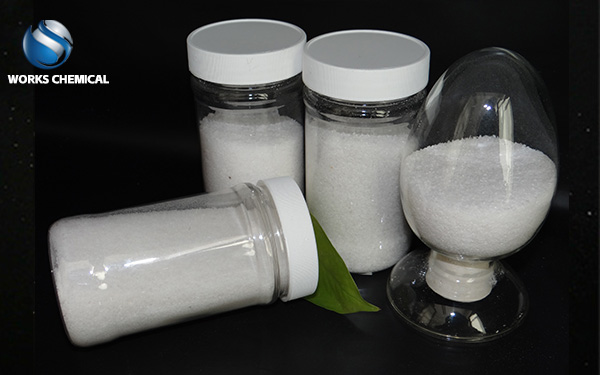
Poor effect after the use of sludge dehydrant may be caused by a variety of factors, the following are some possible reasons and corresponding solutions:

1. Sludge properties
Types and properties of sludge: Different types of sludge (such as activated sludge, anaerobic digestion sludge, etc.) have different dewatering properties. Some sludge (such as activated sludge) may be more difficult to dehydrate due to their special physical and chemical properties.
Solution: Understand the specific properties of the sludge, select the appropriate sludge dehydrating agent and dehydration process.
Sludge moisture content: the initial moisture content of the sludge is too high will also affect the dehydration effect.
Solution: Reduce the moisture content of the sludge by pretreatment before dehydration, such as concentration, mechanical precompression and other methods.
2. Selection and use of drugs
Agent type mismatch: the selected sludge dehydrating agent may not be suitable for the current sludge properties.
Solution: According to the nature of sludge and dehydration requirements, choose the appropriate sludge dehydrating agent.
Improper dosage of the agent: too much or too little of the agent will affect the dehydration effect.
Solution: Determine the best dosage of the agent through the test, and dosing in strict accordance with the proportion.
Insufficient dissolution of the agent: The agent is not fully dissolved during the dissolution process, resulting in uneven mixing with the sludge.
Solution: Ensure that the reagent is sufficiently stirred during the dissolution process so that it is completely dissolved with water.
Three, equipment operating parameters
Aging or fault: The dewatering device used for a long time may be aging or faulty, resulting in reduced dewatering effect.
Solution: Check and maintain the dewatering equipment regularly to ensure it is in good working condition. Upgrade or replace equipment if necessary.
Unreasonable operation parameter setting: such as pressure, speed and other parameters are improperly set, will affect the dewatering effect of sludge.
Solution: According to the nature of sludge and dehydration requirements, reasonable setting and adjustment of equipment operating parameters.
4. Environmental factors
Temperature and humidity: changes in temperature and humidity may affect the dewatering effect of sludge.
Solution: Dewatering the sludge under suitable environmental conditions and avoiding dehydration under extreme temperature or humidity conditions as far as possible.
Other factors
Sludge treatment process: Other links in the sludge treatment process (such as pretreatment, storage, etc.) may affect the dehydration effect.
Solution: Optimize the sludge treatment process to ensure the coordination of all links.
Operator skills: The skill level of the operator may also affect the dehydration effect.
Solution: Training and education of operators to improve their skill level and operational capability.
In summary, the poor effect after the use of sludge dehydrant may be caused by a variety of factors. In order to improve the dehydration effect, it is necessary to consider the sludge properties, agent selection and use, equipment operating parameters, environmental factors and other relevant factors, and take appropriate solutions.